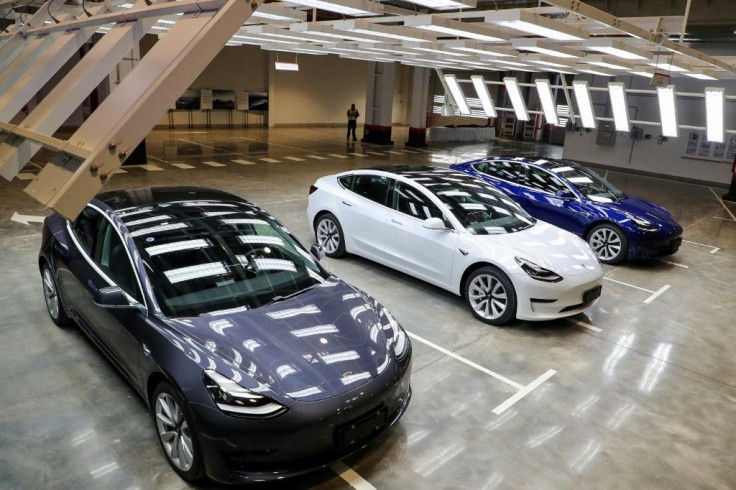J.D. Power Ranks Most Dependable Auto Brands: Tesla Didn’t Take A Top Spot
Consumer insight firm J.D. Power has released its 2021 U.S. Vehicle Dependability Study, and some big-name carmakers didn’t take the top spots.
Now in its 32nd year, the J.D. Power study, which was conducted with 33,251 original owners of 2018 vehicles after three years of ownership, looked at the number of problems per 100 vehicles experienced over the last 12 months.
Problems measured included audio, communication, entertainment, and navigation; engine and transmission; exterior; interior; features, controls, and displays; driving experience; heating, ventilation, and air conditioning; and seats.
According to the study, vehicle dependability is at an all-time high, with owners reporting 10% fewer problems from a year ago.
Dave Sargent, vice president of global automotive at J.D. Power, said in a statement about the report’s results, “The study results validate what we have known for some time. Automakers are making increasingly dependable vehicles—but there are still some problem areas that need to be addressed and some warning signs on the horizon.”
Findings from the 2021 study indicated that cars are the most dependable vehicles on the road, with trucks and SUVs still needing improvement, despite making up about 80% of sales each month.
Another key finding in the study was the performance by Korean and Japanese automakers which had fewer issues with their vehicles compared with domestic and European brands.
But the most dependable vehicle honor went to a European car, with the Porsche 911 receiving the highest ranking in the survey for the second time in three years, J.D. Power said.
The most dependable vehicle brand was deemed Lexus, which has taken the title from J.D. Power nine times in 10 years. Lexus was followed by Porsche, Kia, Toyota, Buick, and Cadillac, which were also named top dependable auto brands.
Vehicle models earning high marks for dependability included the Volkswagen Beetle, Lexus ES, Toyota Avalon, Kia Optima, Genesis G80, BMW 2 Series, and Chevrolet Camaro.
Most dependable SUVs included the Porsche Macan, Buick Envision, Chevrolet Tahoe, Lexus GX, Kia Sorento, Kia Sportage, and Mercedes-Benz GLA, while the most dependable trucks and vans were the Chevrolet Silverado HD, Toyota Tundra, Nissan Frontier, and Toyota Sienna.
For the first time, Tesla was profiled in the study from J.D. Power, but the automaker, which was not officially ranked, did not grant permission to survey its owners in the 15 states required, including its home base of California. However, the firm calculated Tesla’s score based on a “robust sample of surveys from owners in the other 35 states” to determine its dependability.
Tesla came in 30 out of 33 automakers, just behind Chrysler and one ahead of Jaguar for vehicle dependability, as noted by CNBC.
The least dependable vehicle brands were Jaguar, Alfa Romeo, and Land Rover.
“Today’s three-year-old vehicles are of higher quality and more dependable than in previous years. Most owners aren’t experiencing their vehicles breaking down or falling apart but, for many, vehicle technology continues to function poorly or inconsistently," Sargent said.
“If an owner can’t rely on a system to work as they expect, it is also considered a lack of dependability. It affects their overall view of the vehicle and their likelihood of staying loyal to their automaker," he added. "In the future, dependability will partially be determined by the ability to solve problems through vehicle updates and the avoidance of technology obsolescence.”

© Copyright IBTimes 2025. All rights reserved.





















